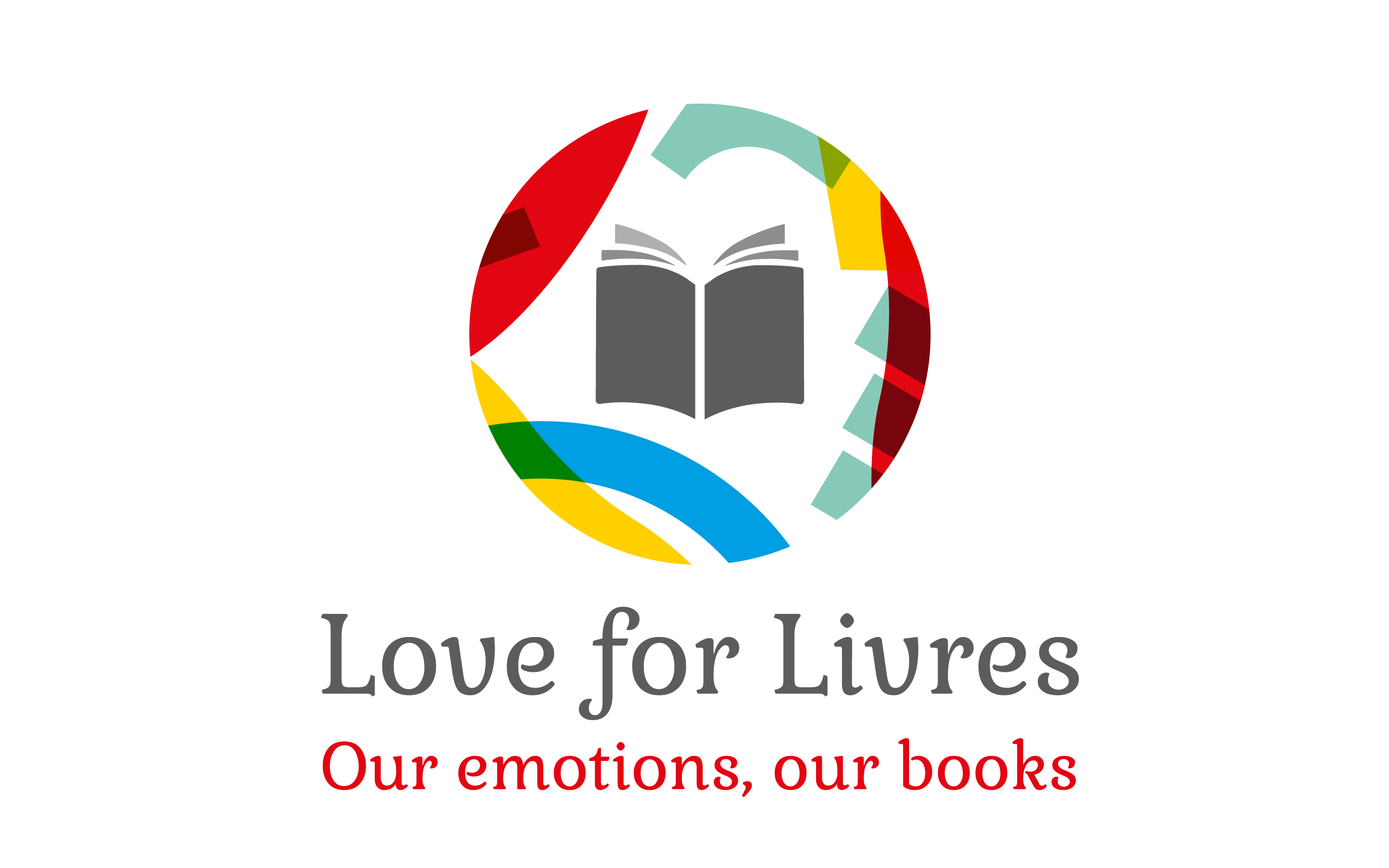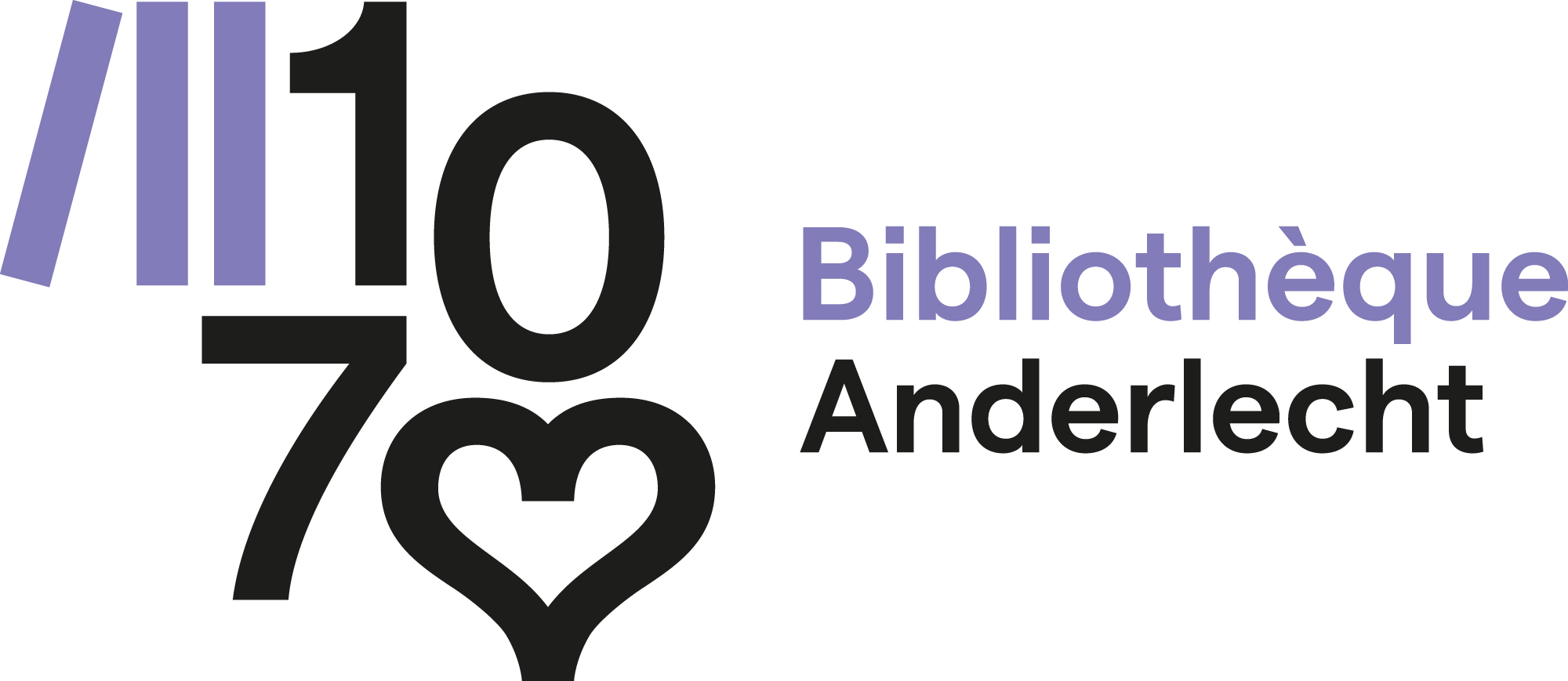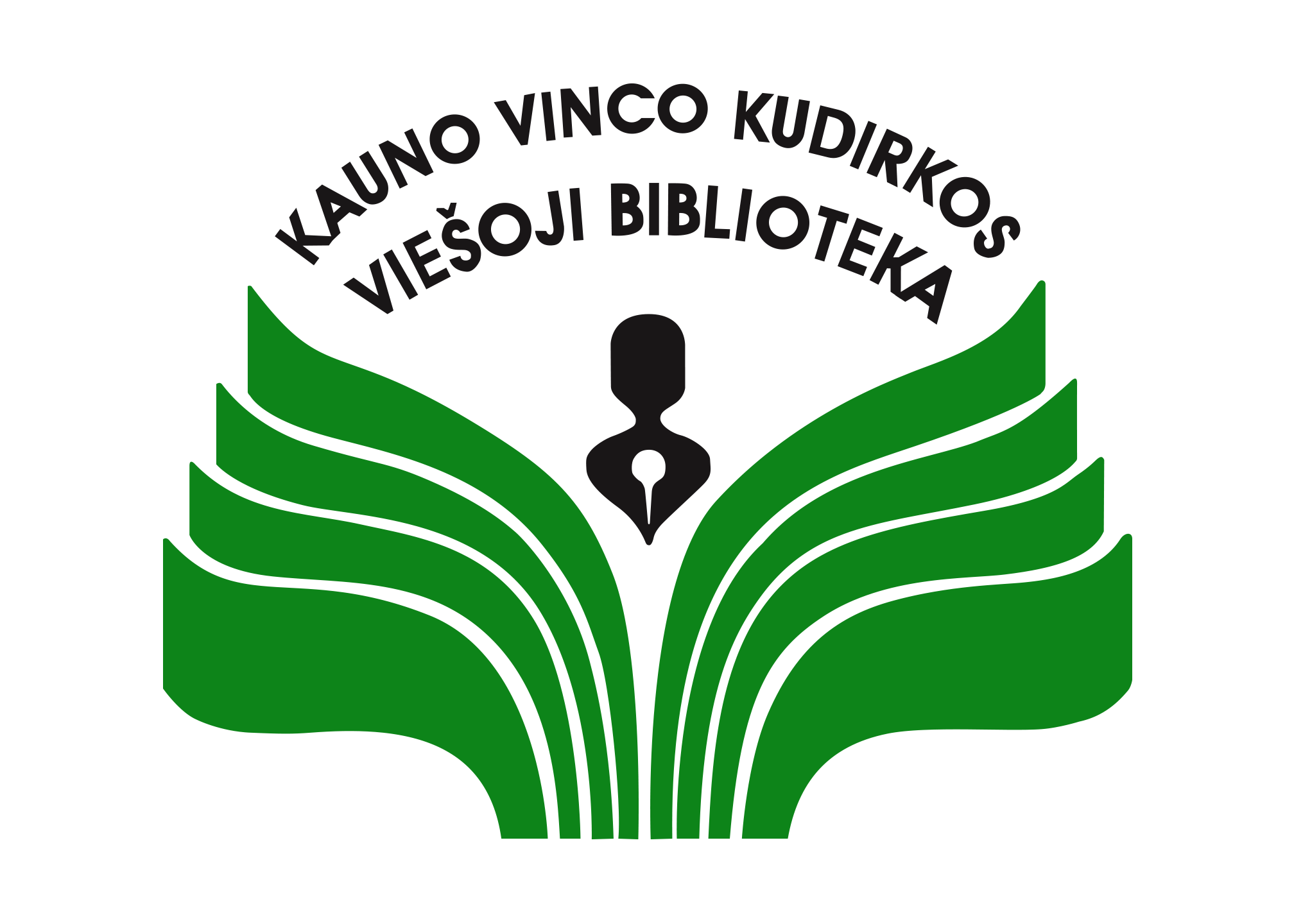Libraries of Emotions
Partners
Partners
Love For Livres (LFL)
France | Paris
Love for Livres (LFL) developed the first social network to search and share books through emotions. This social network is the first of its kind that places emotions at the centre of the reading experience and is based on linguistic, cognitive and data science research carried out by the LFL team. Through the Key Emotion Indicator, Love for Livres strives to boost the attractiveness of books and reading to have a positive social impact. Love for Livres also relies on two complementary innovative tools: the Library of Emotions©, the library IRL where books are presented according to emotions thanks to visual signage, and bibliotherapy which is a support method for personal and collective transformations based on the power of books and neurosciences.
Love for Livres is the coordinator of the Libraries of Emotions project.
Public Libraries 2030 (PL2030)
Belgium | Brussels
Public Libraries 2030 (PL2030) works to give libraries across Europe an extra edge through the curation of innovative projects and effective advocacy. PL2030 focuses in particular on the role of libraries in being forums for democracy. It will lead on the communications component of the project.
Bibliothèque de l'Espace Carême
Belgium | Anderlecht
The Bibliothèque de l’Espace Carême is a category 2 library (see 30 April 2009 decree) recognised by the Fédération Wallonie-Bruxelle and is one of the biggest public libraries in the Brussels region. The Bibliothèque de l’Espace Carême will be responsible for the dissemination of results and expansion of the project. A key component of this project is to be able to replicate it on a larger scale and the Bibliothèque de l’Espace Carême will lead on showcasing the sustainability of the project. It will also be responsible for the dissemination of the project results at the final project event in Brussels and the Frankfurt Book Fair. Their resourcefulness and firsthand experience implementing the library of emotions and bibliotherapy sessions is particularly important to illustrate that major library services are not a prerequisite to the successful implementation of this project.
Kaunas Municipal Vincas Kudirka Public Library
Lithuania | Kaunas
Kaunas Municipal Vincas Kudirka Public Library, founded in 1925, is the main library of Kaunas and one of the oldest municipal public libraries in Lithuania. Being one of the larger library services with a significant audience, the Kaunas Municipal Vincas Kurdirka Public Library will be responsible for the design of the libraries of emotions corners. Their expertise in creating and adapting new services to their library users will guide the design process. Furthermore, their status as the European Capital of Culture in 2022 offers the other partners an opportunity to work on designing spaces that are accessible to all and foster pan-European dimensions. They will also implement bibliotherapy sessions and inform their users of the bibliotherapy sessions through their chosen communication channels.
Kranj City Library
Slovenia | Kranj
The Kranj City Library consists of a main library and six branches in neighbouring municipalities. It provides its community with a meeting place, a learning space, and a place for entertainment and culture. Due to its previous experience in running projects promoting reading and a previous project connecting emotions and books, the Kranj City Library team will lead on the curation of the books for the libraries of emotions corners. They will also organise and implement bibliotherapy sessions in their library.
Biblioteka Miejska in Lodz
Poland | Lodz
The Biblioteka Miejska in Lodz is a “third” place going beyond home and work. It’s a space for the community and one where the team is not afraid to talk about “taboo” topics. The Biblioteka Miejska in Lodz has a culture of social conversations and is used to facilitating discussions around tough subjects. From these experiences – as well as their work around community integration and their partnership with the European Solidarity Corps programme – they will be responsible for fostering social inclusion through the bibliotherapy sessions. Their work on community integration will facilitate the recruitment of moderators and provide guidance to other library partners regarding strategies around reaching audiences who do not engage with a culture of reading. Furthermore, their presence in Lodz – through the main library and its branches – ensures that various audiences will be reached and they can advise other library partners on contacting hard-to-reach populations.





